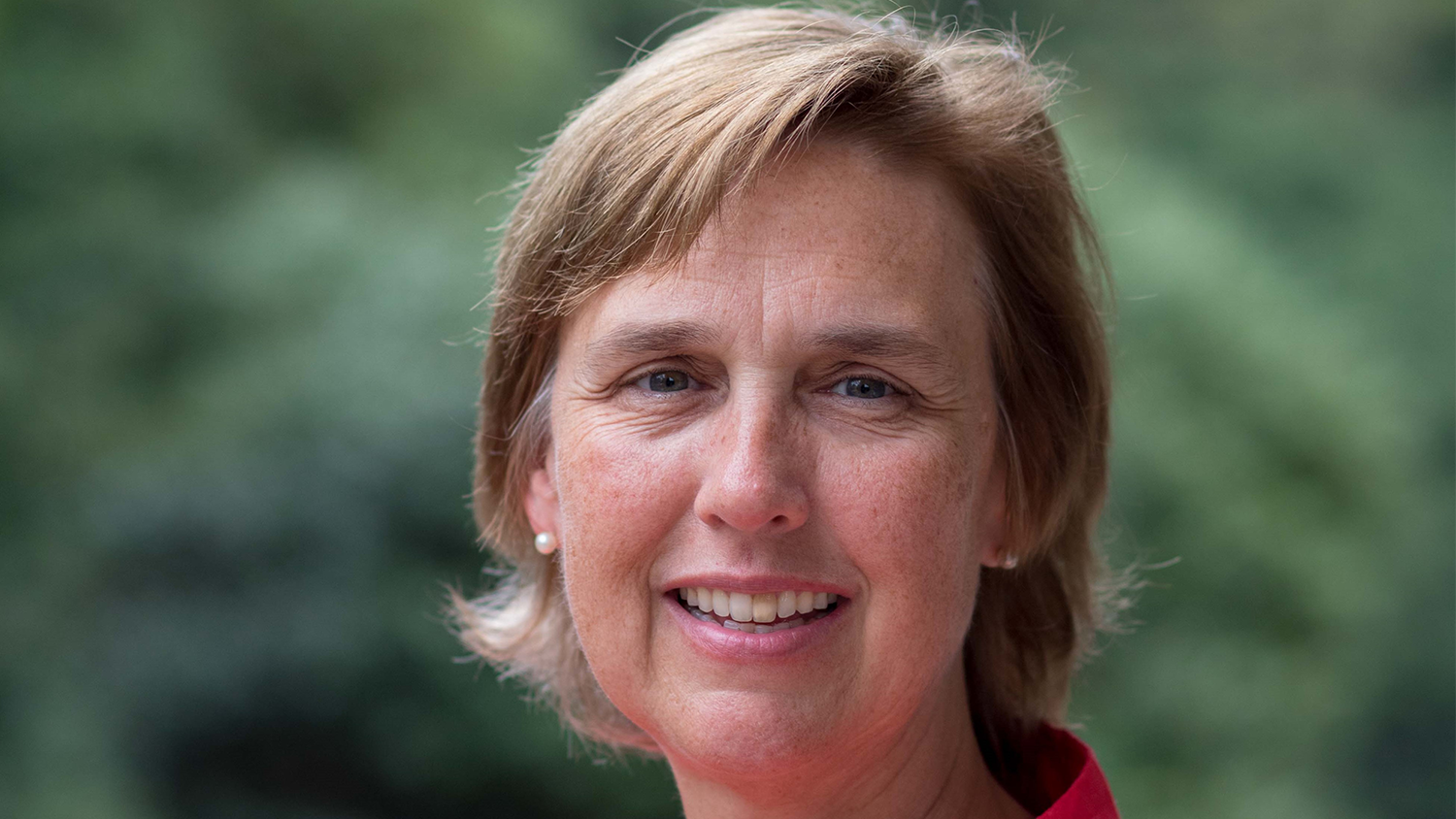Doctoral Student Dorothy Holley Says Experience of Conducting Classroom Research While Earning her Ph.D. ‘Just Benefits Me So Much as a Teacher’

Dorothy Holley took her first class at NC State in 1983, when she enrolled in summer courses to supplement the classes she was taking in high school. In the intervening years she continued to return for one-off courses, but although three of her brothers, her husband and her nephews have all earned degrees from NC State, she had never enrolled in a program herself.
That changed when she took a doctoral-level course at the NC State College of Education in 2015 and was encouraged by her fellow classmates to enroll in the Ph.D. in learning and teaching in STEM science education program area of study.
Holley, who has been a classroom teacher for 25 years and currently teaches at West Johnston High School in Johnston County, N.C., enrolled in that first doctoral-level course because she developed an interest in educational research after reading studies that explored experiences she had in her own classrooms.
“I was curious about who reads this research, what we can do with this research and how it can really help us. That’s when I started the Ph.D. program,” Holley said.
As a part-time doctoral student and full-time teacher, Holley has now had the opportunity to conduct research of her own, including a study that was recently highlighted by the American Educational Research Association (AERA) Special Interest Group for Constructivist Theory, Research and Practice.
“Integration of Science Disciplinary Core Ideas and Environmental Themes Through Constructivist Teaching Practices” investigated learning outcomes and processes of integrating environmental and science education, examining the impact of an environmental education-based constructivist teaching approach on students’ science achievement scores, environmental self-efficacy, course completion rates and perceptions of learning experiences.
Through the study, which included adolescents in her own classroom, Holley found that students who experienced an environmental education based constructivist science teaching approach performed higher on science achievement tests and developed statistically higher environmental self-efficacy than those in a traditional teaching environment. Additionally, students who experienced the environmental education-based constructivist teaching approach tended to perceive their learning experiences in more positive ways.
“We really thought the two groups of students would perform the same, the only difference would be in attitude. When the experimental group performed higher, too, it was exciting on many levels,” she said.
The study was initially intended to serve as a pilot for Holley’s dissertation but, although she has changed gears and chosen to focus instead on experienced science teacher retention, she said the experience of engaging in classroom research guided by College of Education faculty was impactful.
“The fact that I’m able to take what I’m experiencing in my teaching to a group of people who are trained in analyzing and looking at patterns and thinking in scientific ways about experiences just benefits me so much as a learner and teacher,” Holley said. “I’m constantly wanting to improve my teaching and be relevant, so I chose to enroll in the doctoral program to help me do what I’m doing better. Why be a teacher if you can’t be the best teacher you can be?”
In addition to her research, Holley said that the courses she has attended through the doctoral program have all been “amazing” and have helped to shape the way she thinks about education. This perspective comes not just from the content she learns, but from the outstanding professors and the interactions she has with other College of Education students, many of whom are enrolled in doctoral programs in different fields and can provide unique insights, she said.
“In some of the courses I’ve taken, there are not just science education people, but math education and counselor education students, too, and they have some interesting perspectives that just help make the course special because you learn so much more from the way other people are thinking,” she said. “That’s what makes NC State the institution what it is because there’s all this diversity of learning and diversity of people and their stories.”
- Categories:


